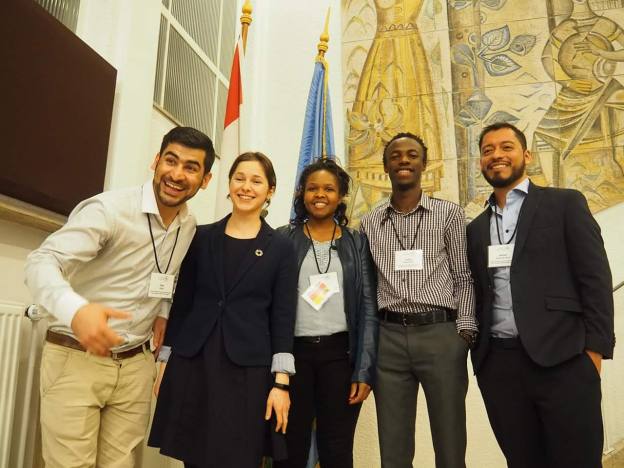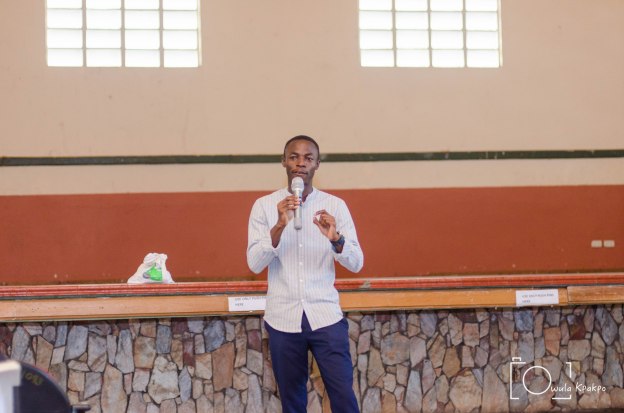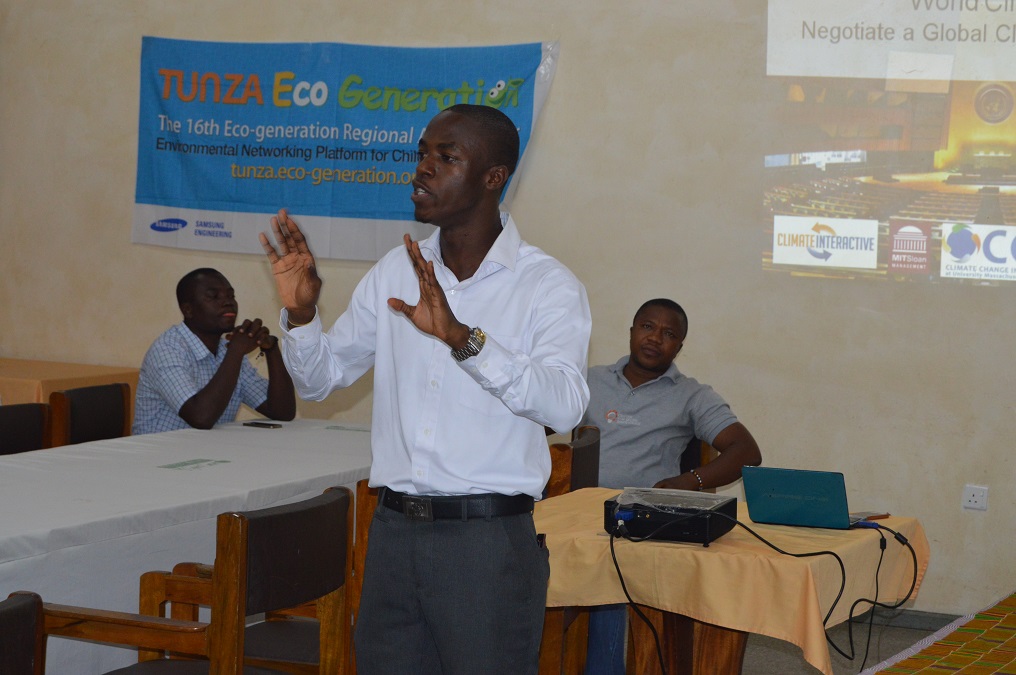Exactly a week ago, I was in the Netherlands with colleagues from UNU-EHS to join early policy professionals across the globe to test multiple policy scenarios in solving the existing migration and refugee crisis. Migration is a critical global issue for all countries whether low, middle, or high-income, with 25 million people being displaced each year! Realistically and very interesting, while some countries can readily provide cash assistance to other nations to accept migrants or even reduce the rate of migration, it doesn’t solve the problem entirely. Humans are mobile and will migrate once present conditions are not favourable for a desired livelihood outcome. In 2017, the number of international migrants reached 258 million, an increase of 49 percent since 2000; with 48 percent being women, and 14 percent under the age of 20 years (UN DESA, 2017, The International Migration Report). Migration isn’t going anywhere and hence, we need to find an effective solution to ensure safe migration and proper integration of migrants in new locations
After about 10 hours of thinking, discussion, debate, and offering perspective from different backgrounds, we understood that a blend of these factors, while opening borders for asylum seekers or receiving high migrant influx, offers a good solution
– Increasing Human Rights Index (access to health care, education, language & vocational training, housing, etc)
– Increasing GDP (Startup grants, wage subsidies, etc)
– Avoiding political stress and increasing government favorability (Political communication, good governance & accountability).
The drivers of migration can be traced back to actions taken by countries centuries ago of which we are seeing the effects now. Industrialisation leading to anthropogenic climate change, unjust & exploitative trade agreements, etc.
During COP24, our Director at UNU-EHS, Prof. Dirk Messner discussed the possibility of introducing Climate Passports to climate-induced displaced populations (esp. SIDS – small island developing states), whose territory is at risk of becoming uninhabitable as a result of climate change. He said that “Countries with considerable responsibility for climate change should open their doors as host countries to people with a climate passport”. This will grant them a legitimate way to move to safer locations. What do you think about this? How do we decide countries with ‘considerable responsibility for climate change’? How do we hold them accountable for displaced islands? With the United States already out of the Paris Agreement, should the Climate Passport be a legal agreement if adopted? Or a free-will decision by countries?








 Let the second round begin! Before I could open round two of negotiations, the EU and US had commenced a debate already. The enthusiasm level was really high for some of the students while for others, it was a bit difficult to engage their peers. I had to step in to challenge everyone to engage in proposing new commitments or negotiating a better deal with other blocs. After about 15 mins of negotiations, I wandered through the blocs to check their progress. I recommended that all participants fall back to their respective blocs and input their new commitments. In about 30 mins, negotiations were over and our new NDCs were ready.
Let the second round begin! Before I could open round two of negotiations, the EU and US had commenced a debate already. The enthusiasm level was really high for some of the students while for others, it was a bit difficult to engage their peers. I had to step in to challenge everyone to engage in proposing new commitments or negotiating a better deal with other blocs. After about 15 mins of negotiations, I wandered through the blocs to check their progress. I recommended that all participants fall back to their respective blocs and input their new commitments. In about 30 mins, negotiations were over and our new NDCs were ready.